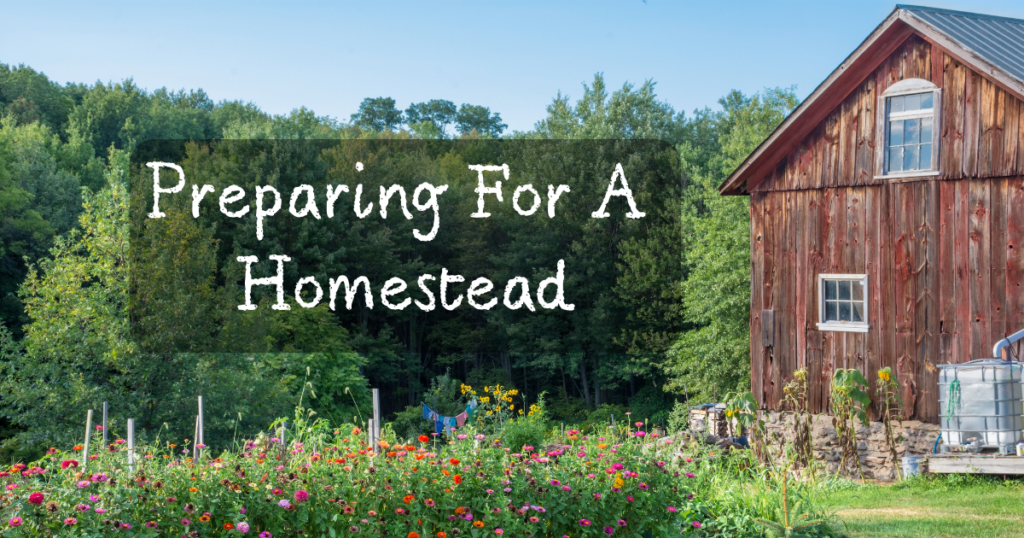For many people owning a home and a little bit of land is the ultimate dream come true. However, with the prices of land and property, the zoning laws and the costs of building materials, the dream remains out of reach for the majority of those who wish to acquire a homestead. Still, there is a lot that can be learned before even stepping foot onto a piece of property so that when the dream finally comes true, good informed choices will be made from the beginning.
- Understand Land Law– Buying land is not as simple as paying money and receiving a deed in return. There are still restrictions on typical property deeds. There is land that is zoned only for commercial use, or only for residential use. There is land where one might own the surface rights, but not the mineral rights, or a deed in which a large piece of land can not be divided into smaller pieces and sold off, etc. A bit of research will go a long way into making sure the law will allow the land to be used in the way the buyer wishes to use it.
- Plant Education- Most homesteaders plan on having a garden. Even without land, if you have an idea of the area you’d like to settle in, you can start researching plants that grow well in that zone. Knowing which types of fruit trees, vegetables, and wild plants thrive in your chosen climate can prevent a lot of wasted time planting trees that were never meant to be in that location.
- Nutrition- The very act of planting a garden for food leads to a natural education on what is healthy to eat. Fast food does not compare to home grown food in taste or nutritional value. You don’t have to have a homestead to learn about what is healthy to eat, but you can use the time before getting a homestead to learn basic nutritional principles which will inform what you decide to grow in the future.
- Learn about landscaping- Landscaping is all about designing an area of land that integrates plantings, walkways, drainage areas, storage areas, and other elements. It’s more than which plants are going where. Knowing how water moves in a space can be the difference between a flooded area or one that can shed rain and flourish no matter what the weather is doing. Other important factors are which areas are sunny or shaded and how wind exposure is affecting the
- Food Preservation- Once a garden begins to grow, there are always one or two crops that produce more than you know what to do with. That is when knowledge of drying, canning, preserving, and fermentation come into play. These are valuable skills that can be practiced anywhere and any time there is an abundance of food though it is especially good to know when you have a garden.
- Building Materials- Whether you are building a home from scratch, modifying an existing home, or building a shed in the backyard, basic understanding of building materials will come in handy. In your chosen area, there are standards for certain things like insulation rating, plumbing and electrical work. A structure in a cold climate will need a lot of insulation while in a warmer climate would require less insulation, but a greater ability to withstand high wind for instance. Some people want to use alternative materials like cob, metal shipping containers, or reclaimed wood. Researching what is allowed in a particular area is key to successfully building your dream.
- Learn how children learn- If raising children is part of living on a homestead, get to know how children learn. Many parents become parents without any research into child-rearing at all. However, those that do some research often choose to homeschool their children, and use the homestead as the ultimate learning environment. The best way to take advantage of such an opportunity is to understand the principles that govern learning and healthy child development.
- Plant a tree- Trees take a long time to grow into maturity. If you intend to purchase land and a home in the next five years, planting a tree in a pot on your windowsill is a good idea. By the time the tree reaches the point where it needs to be in the ground, you will be purchasing your land. This tree or trees will be among the first plantings on the homestead and will serve as an anchor for your intentions and homestead design.
- Learn about animals- Many homesteaders raise chickens, goats, rabbits, or other animals. If that sounds like something you’d like to do, educate yourself about best practices when it comes to animal husbandry. This can be done long before acquiring your homestead and will only make you better prepared to manage your space, time, and budget well.
- Business education- Homesteads are great opportunities to make money on a small scale. Whether you sell small crafts, homemade soap, candles, eggs, lumber from your land, heirloom seedlings from your backyard nursery or you rent a piece of special equipment or offer a unique service, the ways you can make money from your land is limited only by one’s creativity. It takes time to learn business concepts and this kind of education will yield better fruit in the future without the massive learning curve when you are finally able to put them into practice from your homestead.
As you can see, managing a homestead is an education in many different areas of life. Building, child rearing, nutrition, plant sciences and economics all come into play in a very holistic way. Even if you don’t have your land and home yet, there is still a lot of learning that can be done beforehand and much of this information is not acquired overnight. So take this phase of the process and make the most of it. Prepare in multiple ways, financially and mentally. One day your dream will come true. You will be standing on your very own piece of land and you will be ready for it.




